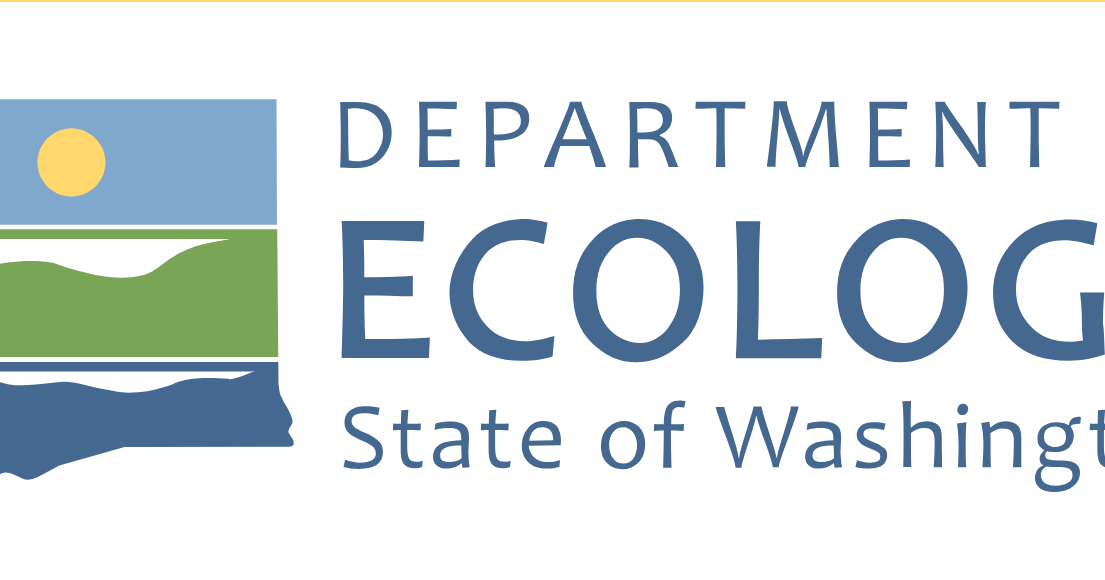CAMAS — The Washington State Department of Ecology fined Chad Williams $71,800 for first damaging wetlands on his property near Camas and then violating a restoration and mitigation agreement he signed in 2022 Damage not complied with.
Additionally, in August 2024, the Clark County Superior Court issued Williams a court order requiring him to comply with the agreed upon order he signed. Williams continues to defy the court order.
Joenne McGerr, program manager for the agency's Shorelands and Environmental Assistance program, said the property owner must fulfill the terms of its agreement to restore and mitigate the damaged wetlands.
“Wetlands play a critical role in protecting our state’s water quality, reducing flood damage and creating habitat,” McGerr said. “Williams intentionally carried out work without a permit that damaged known wetlands on his property. Unfortunately, despite multiple attempts to help him, he shirked and neglected his responsibilities.”
While Williams received city approval for the work, he was also told he would need approval from Ecology before construction could begin. Without permission from the agency, he cleared plants and filled wetlands on his property and built a house, a driveway and an outdoor store. Covering wetlands with dirt or physical structures results in the destruction of the wetland. Ecology must review projects affecting wetlands before work begins.
The agency initially learned of the damage through a site visit and discovered that the wetlands had already been cleared and filled. Ecology discussed options with Williams to restore or mitigate the damage, resulting in a signed document called an agreed order.
The agreement detailed actions Williams agreed to take to comply with the law. This included compensating a company for wetland restoration at another site to offset damage to the wetland, as well as restoring native plants to Williams' property.
The agency has been working with Williams on this issue for the past two years and also extended deadlines to give him more time to fix the problem. Ecology contacted Williams at least 15 times over two years to:
- Request status updates.
- Remind him to fulfill his agreement.
- Offer him an alternative way to do this work.
Ecology told Williams multiple times that a penalty would be the next step if he didn't comply with the agreement.
The wetlands on Williams' property hold water to minimize flooding downstream of the area. Wetland management is important because healthy wetlands protect water quality, reduce flooding, replenish drinking water through aquifers, and provide important habitat for fish and wildlife.
